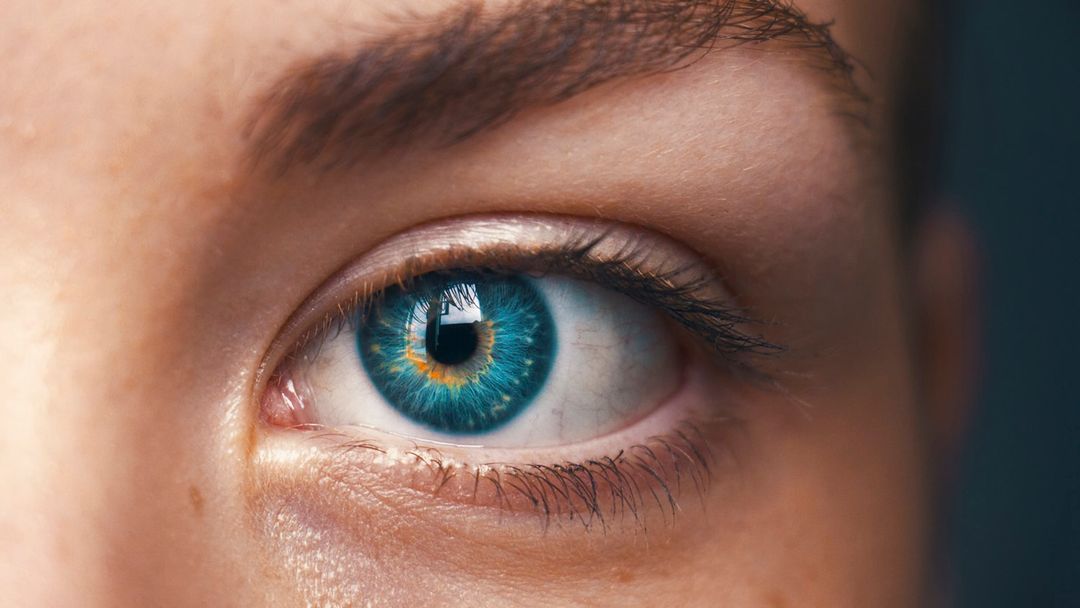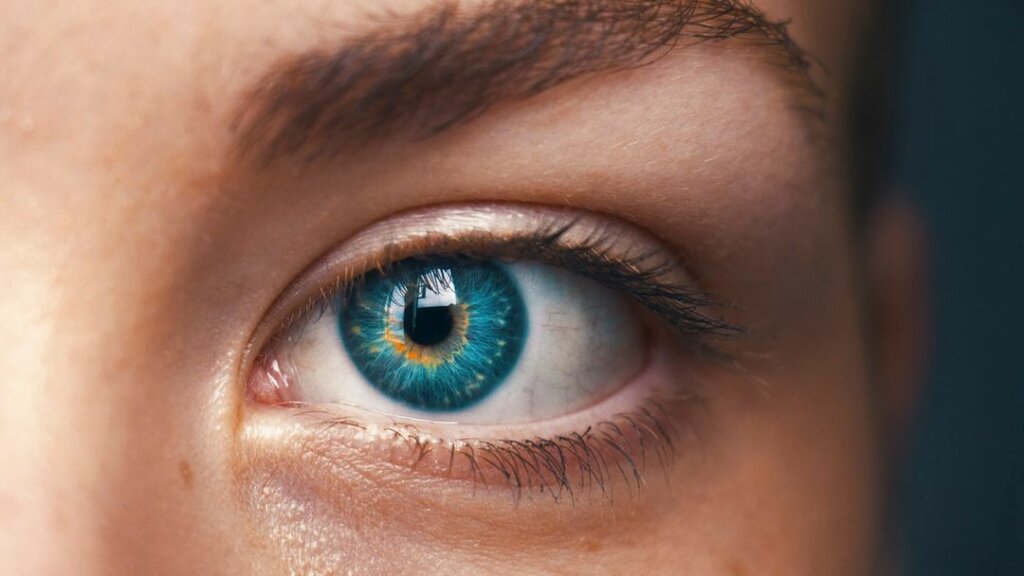Having a good night’s sleep is essential to your mental health, your alertness, and your productivity. Are you having trouble sleeping? You aren’t alone. About 30% of adults don’t get enough quality sleep, according to the CDC. Insufficient sleep can contribute to disability, illness, and even mortality. It is such an important issue, that countries like the U.S. have put it on their list of priorities for public health promotion.
There are many factors that can cause sleep issues, including:
- Medical conditions
- Stress or anxiety
- Environmental factors (like noise or lighting)
- Diet
In this article, we will focus on this last point. We will review some food and drinks that you should avoid in order to have a good night’s rest.
Coffee and Soda
This might seem obvious and logical to most of you, but it is not uncommon for people to reach for a cup of coffee in the evening, especially on colder nights. Coffee contains caffeine, which is a stimulant and keeps your brain alert by making energy available to brain cells and boosting blood flow to the brain. The effects of caffeine are accentuated if you are particularly sensitive to caffeine.
Like coffee, soda (especially colas) are bad news later in the day. Colas have caffeine, which will keep you awake and alert, and all standards sodas are packed with sugar. Sugar is easily processed in the body, making lots of extra energy available to your cells. This is why some people get hyperactive after eating sweets.
Non-Herbal Tea
Non-herbal tea is caffeinated. Though not as much as coffee, black tea contains significant amounts of caffeine. As mentioned in the previous section, caffeine keeps your brain alert. If your brain is alert due to a stimulant, like caffeine, it will be much more difficult to calm your mind and body down and eventually get sleepy.
Chili and Spicy Foods
Chili and spicy foods should generally be avoided too close to bedtime. They can cause heartburn, which occurs when stomach acid comes back into the esophagus. Heartburn directly impacts sleep quality, and, in turn, your ability to function properly in the daytime.
Candy and Chocolate
Candy is almost pure sugar, which will easily and quickly be converted into energy in the bloodstream. Energy boosts, as you can certainly guess, are not conducive to bedtime.
Even though chocolate contains magnesium, a mineral that works as a sleep aid, Chocolate is a double-whammy when it comes to nighttime no-nos. Chocolate contains both caffeine and sugar, meaning that it will wake up your brain cells while also making additional energy available to your cells.
White Bread and Pasta
White bread, pasta, and other refined carbohydrates act a lot like sugar when you digest them. They are easily processed by your body and made available to cells for energy. Rather than slowing down at the end of the day, your body will rev up and get the message that you need an energy boost.
Too Much Water
Drinking a lot of water will keep you hydrated during the night, but it will also wake you up when you need to run to the bathroom. Try to have your last glass of water between an hour and two hours before going to sleep, and make your last trip to the bathroom on your way to bed.
Alcohol
Nightcap anyone? Best avoid them. Alcohol, even though it is a common self-prescribed sedative, can disrupt sleep patterns. While it makes you sleepy soon after consuming, it can increase the incidence of sleep apnea and low levels of oxygen in the blood.
This can not only disrupt sleep and lower sleep quality, it is also very dangerous. Studies also show that drinking alcohol close to bedtime increases sleepiness the next day.
Fried Foods
Eating foods high in saturated fat, like most fried foods, can cause lighter sleep patterns and sleep disruptions. Avoid fried foods close to bedtime, and instead choose baked foods or those cooked in healthy oils, like olive oil.
Getting a good night’s sleep is essential to your proper functioning during the day. The foods discussed above are only a few that you should avoid before going to bed. If you have had trouble sleeping, and you already avoid intake of the mentioned food and drinks above, take a step back and ask yourself what other factors might be affecting how you sleep. Changing your diet alone might not fix the problem completely, but it can go a long way to help you get a good night’s rest.
Did you know?
When you commit to building heathy sleep habits, you take the first step to become your healthiest self – one full night of good sleep at a time. Check out our Complete Guide to Sleep Disorders – a resource to help you get your quality sleep back. Learn more about sleep disorders, their causes, symptoms and how to overcome them.
Image Credit: Amanda Dalbjörn



